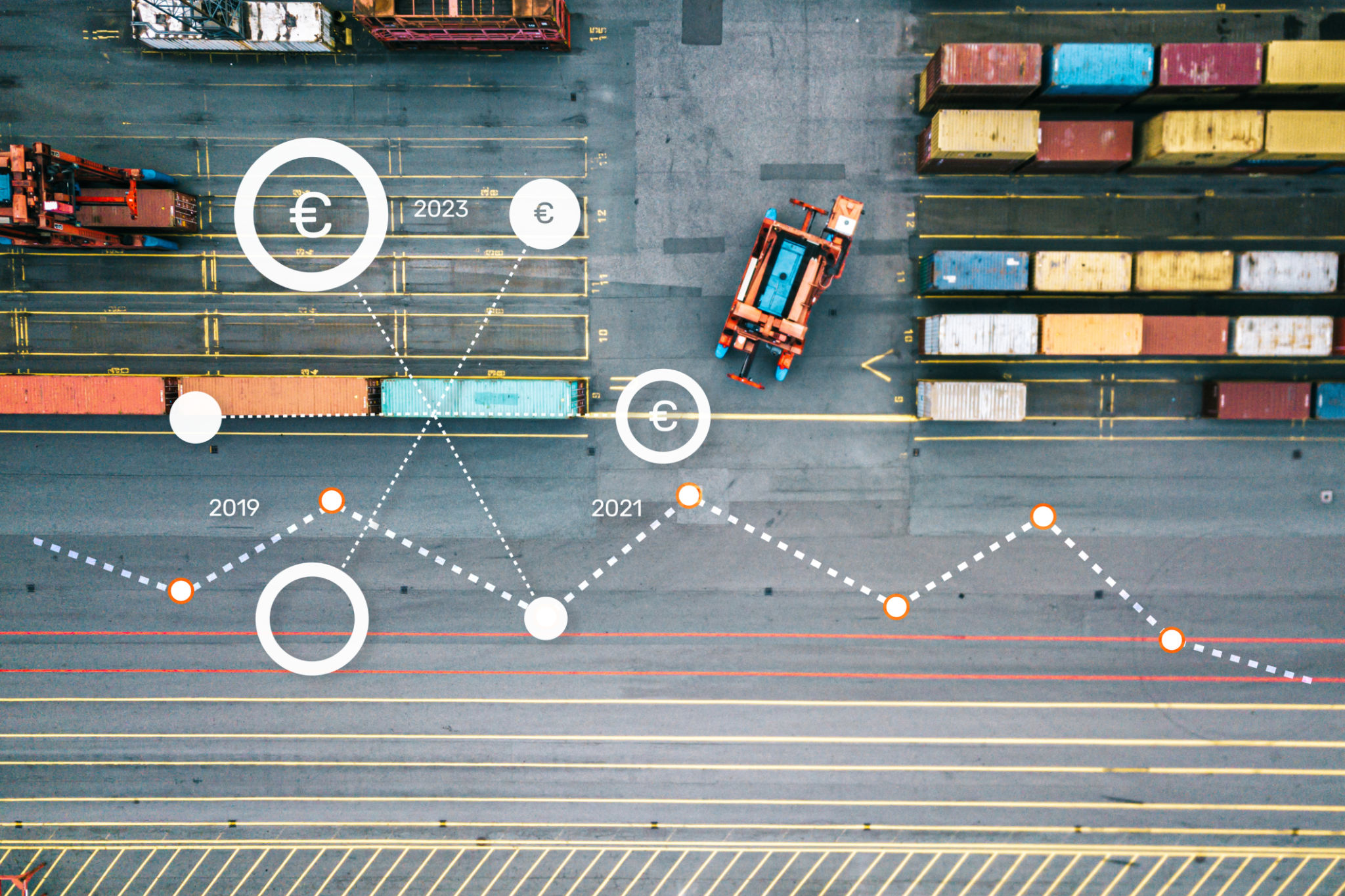Myth-Busting: Common Misconceptions About E-commerce Logistics in Uganda
Understanding E-commerce Logistics in Uganda
E-commerce logistics in Uganda is often shrouded in misconceptions that can deter businesses from exploring the digital marketplace. As the e-commerce sector continues to grow, understanding these myths and the reality behind them is crucial for businesses looking to expand their reach and improve their operations.

Misconception 1: E-commerce Logistics Are Too Expensive
One of the most common myths is that e-commerce logistics are prohibitively expensive. While logistics costs can indeed be significant, they are not necessarily higher than traditional retail logistics. In fact, e-commerce logistics can offer cost efficiencies through bulk shipping, optimized delivery routes, and strategic warehousing. By leveraging technology and partnering with experienced logistics providers, businesses can reduce costs and improve their bottom line.
Misconception 2: Uganda Lacks the Infrastructure for Efficient Logistics
Another misconception is that Uganda lacks the infrastructure necessary for efficient e-commerce logistics. While it is true that infrastructure development is ongoing, significant progress has been made in recent years. Improved road networks, increased internet penetration, and the growth of mobile money platforms have facilitated better logistics capabilities across the country. Businesses can now access remote areas more effectively, ensuring a wider reach for their products.

Misconception 3: Deliveries Are Unreliable and Slow
Many believe that deliveries in Uganda are unreliable and slow, which is not entirely accurate. With the rise of local and international courier services, delivery times have improved significantly. Companies are now employing advanced tracking systems to ensure timely and reliable deliveries. By choosing the right logistics partners and utilizing technology, businesses can offer customers faster and more dependable delivery services.
Misconception 4: E-commerce Only Benefits Large Companies
Some think that e-commerce logistics only favor large companies with significant resources. However, e-commerce presents equal opportunities for small and medium enterprises (SMEs) to thrive. The digital marketplace allows SMEs to reach a broader audience without the need for a physical storefront. By investing in efficient logistics solutions, smaller companies can compete effectively alongside larger players.

Overcoming Challenges with Innovative Solutions
While challenges in e-commerce logistics exist, innovative solutions are continuously being developed. Technology-driven approaches, such as using drones for deliveries in hard-to-reach areas and employing data analytics for route optimization, are helping overcome logistical hurdles. Embracing these solutions can help Ugandan businesses enhance their logistics operations and boost customer satisfaction.
The Role of Collaboration and Partnerships
Collaboration with local businesses and international partners plays a vital role in overcoming logistical challenges. Partnerships with local delivery services, technology providers, and infrastructure developers can significantly enhance logistics capabilities. By building a network of reliable partners, businesses can streamline operations and offer superior customer experiences.

The Future of E-commerce Logistics in Uganda
The future of e-commerce logistics in Uganda looks promising as more companies embrace digital transformation. Continued investment in infrastructure, coupled with technological advancements, will further improve logistics capabilities. Businesses that adapt to these changes and dispel common myths will be well-positioned to capitalize on the growing e-commerce market.
In conclusion, understanding and addressing the misconceptions surrounding e-commerce logistics in Uganda is essential for any business seeking success in the digital age. By recognizing the progress made and the opportunities available, companies can confidently navigate the e-commerce landscape and achieve sustainable growth.